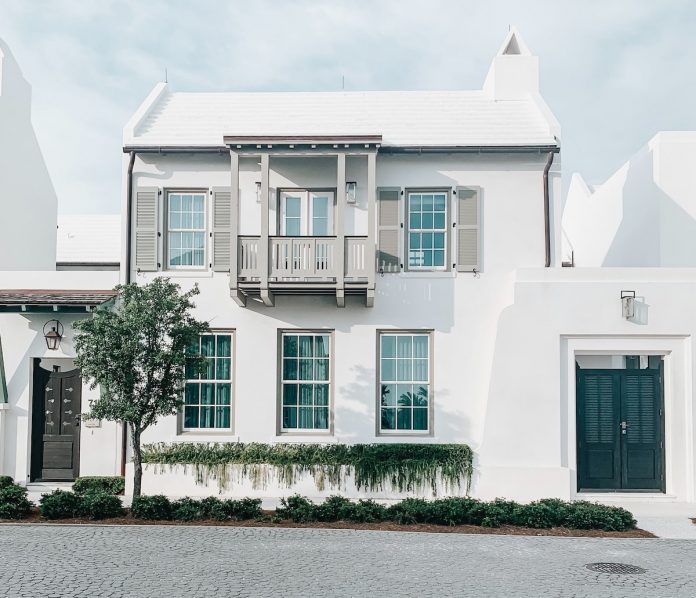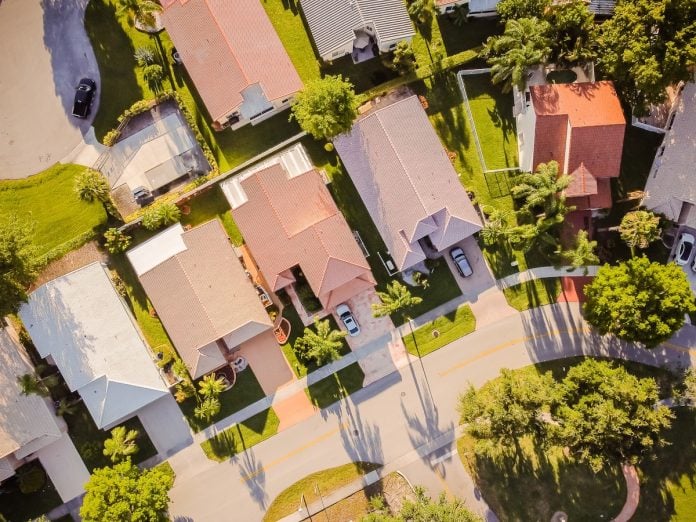What to Look for When Buying Your First House
There’s something very exciting and opportunistic about purchasing your first home. You’ll likely purchase and sell several houses in your lifetime, but there’s something especially exhilarating when buying your first house. And if you know what you’re looking for, it can be very rewarding.
5 Factors to Prioritize In Your First Home
Buying a house is consistently rated as one of the most stressful situations the average person experiences in their lifetime. It’s right up there with things like divorce and dealing with the death of a loved one.
Before going into the process, you need to make sure you’re actually ready to buy a house in the first place. (This may require taking several months to get your finances in order.) Once it’s clear that your finances are healthy enough to buy a home, you can turn your attention toward the type of home you want.
You can make your experience as a first-time homebuyer a little less stressful by knowing which factors to prioritize in your home search. Here are a few:
1. Location
As the old real estate adage goes, the three most important factors in real estate are location, location, and location. In fact, everything else can be bad, but if the location of a property is good, that’s all that really matters. You can change everything else.
When it comes to location, make sure you’re looking ahead. In other words, which locations do you see being most valuable in five to 10 years? (Likewise, which areas are on the decline and likely to be less desirable over that timeframe?) To determine the affordability of a given location, a cost of living calculator should be used. In an ideal world, you buy in a neighborhood that’s on the rise so that you can benefit from some of that upside.

2. Square Footage
One of the first things to determine is how much square footage you need in a house. This will shape your home search and help you filter available options.
While most people assume that bigger is better when it comes to square footage, this isn’t always true. As square footage increases, so make the demands. A bigger house requires more maintenance, higher heating and cooling costs, higher property taxes, and more upkeep. This isn’t to say you shouldn’t buy a big house, but don’t buy a big house just to buy it. Sometimes smaller is better.
3. Neighborhood Amenities
When buying a house in a neighborhood, think about the amenities. Sometimes these can help offset any deficiencies that may exist with the home itself.
For example, let’s say you really want a big backyard and a swimming pool, but you can’t find a good option that fits your budget in the area you want to live in. A neighborhood that offers a clubhouse with an Olympic-sized swimming pool and lots of parks and green spaces could offset the fact that you don’t have much yard of your own.
4. Condition of Key Home Systems
Unless you’re buying a new construction home, you can expect there to be some cosmetic flaws and deficiencies with any home you buy. After all, you’re buying a house that was likely built decades ago. Don’t pay much attention to cosmetic issues – they can easily be repaired or fixed without much financial investment. Key home systems, on the other hand, are a lot more serious (and expensive) to address.
What are key home systems and components? We recommend paying careful attention to the foundation, roof, HVAC, plumbing, and electrical. If these elements are in good working order, it’s a good house. If there are any issues, you’ll want to get qualified inspectors and contractors to offer you their opinions and provide estimates for work that needs to be done.

5. Neighborhood Comps
When buying a house, always review comparable properties in the neighborhood. This obviously includes any homes that have recently sold in the area. However, you can also get a feel for the current property value of other homes that are not on the market. (Your real estate agent can help you do this.) This will give you an idea of whether or not the investment is worth it.
Make a Smart Home Buying Decision
There’s no such thing as a perfect house. There will always be pros and cons at play. The key is to find a house where the pros outweigh the cons. Not only that, but you also want to make a decision that positions you well for the future (not just your short-term happiness).





